Richard Linder – Email Marketing Mastery
Description:
- The Perfect Promotional calendar
- Develop a 30 and 90 – day promotional calendar that when done correctly , results in revenue and engagement to hockey stick straight up ! Once you have collected your assets and understand the key Concepts you can create short – term and long – term rolling calendars .
- 4 Magic Questions
- Answer these 4 “ magic ” questions before you ever Start writing an email to set your campaign up for success . As long as you can answer these 4 questions you will know how to write an email that establishes you as an authority in your industry and builds a bond with your list .
- Points of Belief
- Think about exactly who youre writing to and exactly why they may want to buy – why do they care what you have to say ?
- Once you are able to define the desired end result you will be able to develop a journey through yºur email copy that takes the customer from where they are to where they want to be by Using your product of Service .
- 3 Categories of Emails
- Learn how and when to Use the 3 different categories of email campaigns – transactional , relational , or promotional .
- Choosing the correct category will ensure that yoƯre emailing your prospects with the correct messaging ! ( This is how to send multiple campaigns and offers without BURNING your email list )
- Become a Certified Email Marketing Master & Learn How to Generate the Highest ROI of ANY Marketing Strategy in Your Business . . .
- Create the PERFECT promotional calendar for your business . . . ( Do this right and youll see revenue AND engagement hockey stick straight up ! )
- Ensure your emails actually make it to the inbox . . . ( HINT : practice poor list hygiene and your deliverability will suffer )
- Use proven tricks to get MORE opens and MORE clicks from even your most engaged and loyal subscribers . . .
- Learn which goals and metrics you should be tracking on a day – to – day basis to measure your Email Marketing success .
- List “ CPR ” . . . How to clean and revive your dead ( or nearly dead ) email lists and get them opening and clicking again !
- Discover the 4 “ magic ” email copywriting questions ( and why answering 4 simple questions will practically write your email copy for you )
- Queue the Click : 6 psychological tricks to get your subscribers primed and ready to click the links in your emails
- 3 segmentation strategies that actually work and ensure that you ‘ re only emailing your perfect prospects ! ( This is how to send multiple campaigns and offers without BURNING out your email list )
- The 2 most important questions to answer before triggering ANY campaign to a new subscriber ( Get this wrong and the next button they click could be Unsubscribe or worse – Spam )
- Email Indoctrination : The perfect welcome email campaign to start building real relationships with your new subscribers and turning them from strangers into friends
- Campaign Mapping : How to find and duplicate your most successful marketing campaigns ( So you always know what you ‘ re promoting and when you ‘ re promoting it )
- The only 4 reasons people buy from you ( and how to leverage them to generate more sales from your email marketing efforts )
- The 9 sneaky tricks that triple your email open rates ( and when to use them )
- Campaign Creation : The 5 types of email campaigns you should be using in your business ( and how to Storyboard and craft each one )
- 3 must – use tools to monitor your email deliverability and make sure you ‘ re getting into the inbox )
Business online course
Information about business:
Business is the activity of making one’s living or making money by producing or buying and selling products (such as goods and services).
[need quotation to verify] Simply put, it is “any activity or enterprise entered into for profit.
It does not mean it is a company, a corporation, partnership, or have any such formal organization, but it can range from a street peddler to General Motors.”
Having a business name does not separate the business entity from the owner, which means that the owner of the business is responsible and liable for debts incurred by the business.
If the business acquires debts, the creditors can go after the owner’s personal possessions.
A business structure does not allow for corporate tax rates. The proprietor is personally taxed on all income from the business.


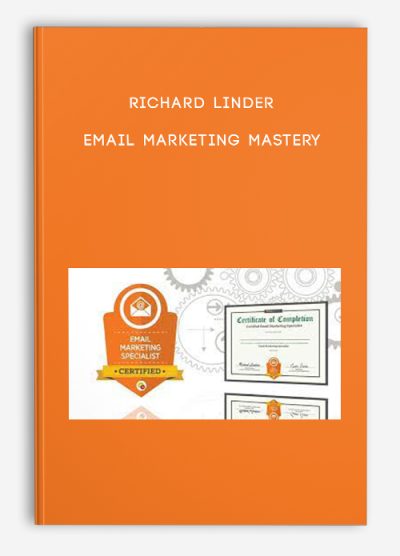


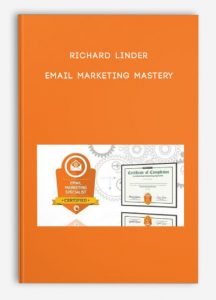

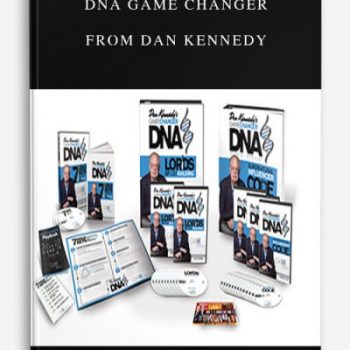
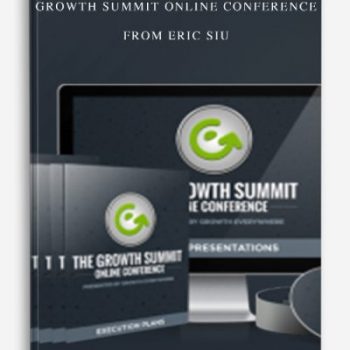
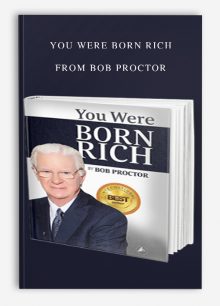
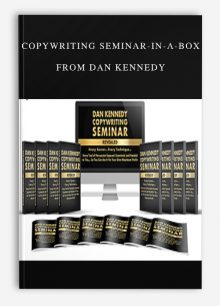


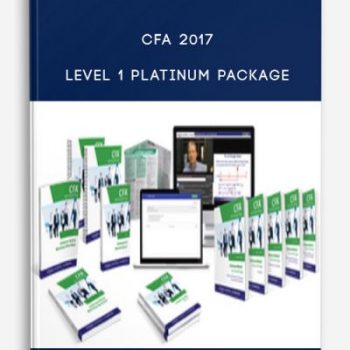
Lord –
This is Digital Download service, the course is available at Vincourse.com and Email download delivery.